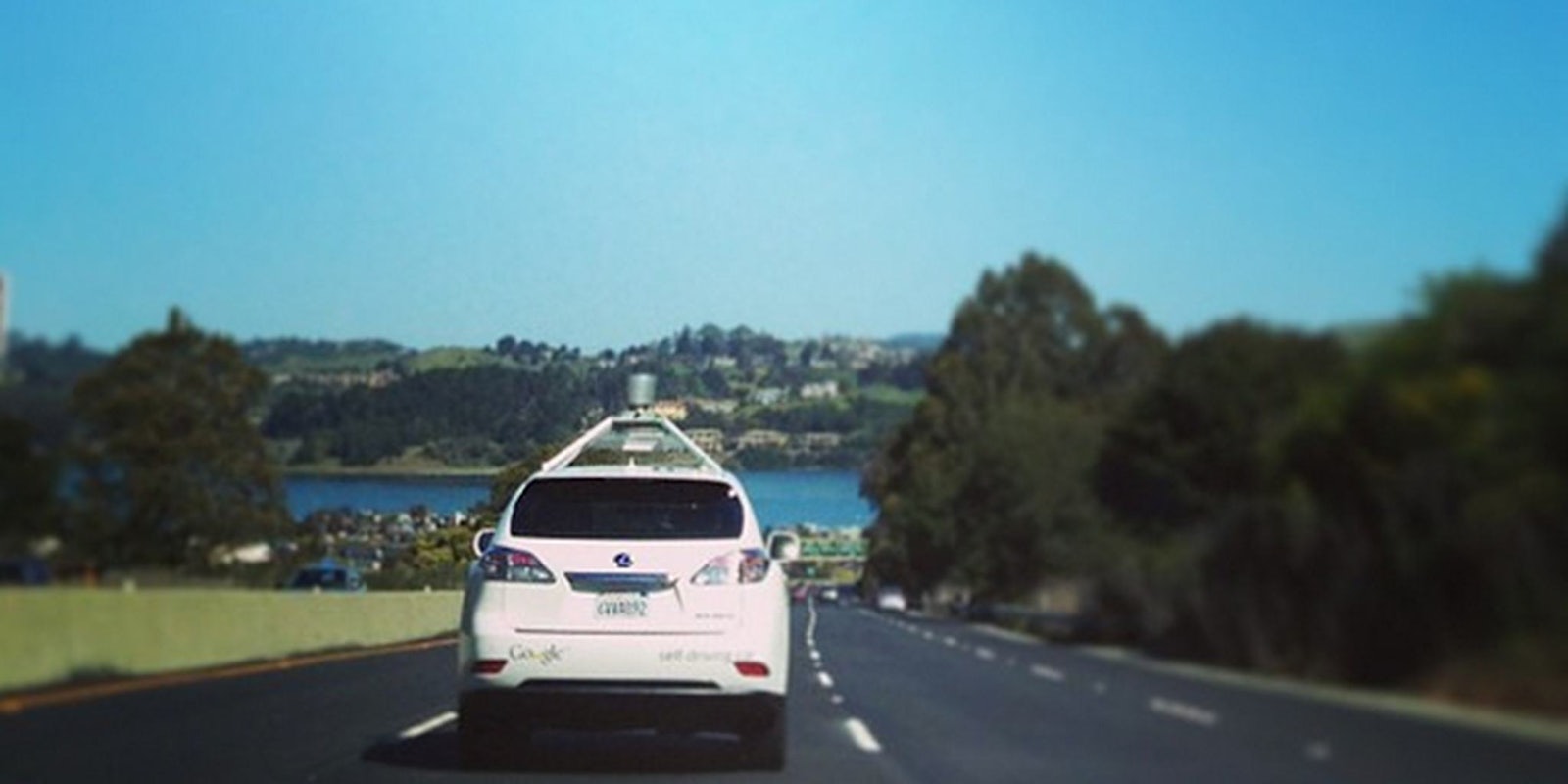BY MEGHAN NEAL
Yesterday, Facebook announced it hired NYU professor and machine learning pioneer Yann LeCun to run its newly created artificial intelligence lab. Scooping up one of the biggest names in the field is a major move for the company, but it’s not a surprising one. If anything, Facebook is late to enter to the AI arms race that’s underway in Silicon Valley.
Google, Yahoo, Microsoft, IBM, a spattering of startups, and even Baidu, the “Chinese Google,” have been eager to invest chunks of their research and acquisitions budgets into artificial intelligence lately, specifically deep learning, LeCun’s specialty.
Facebook launched its artificial intelligence lab in September and hired deep learning expert Marc’Aurelio Ranzato away from Google at the same time. But Google definitely has an edge in this race. It’s been tinkering with artificial intelligence and machine learning in its secret X lab for years, slowly pushing forward its “Google Brain” project. This spring the search company hired Geoffrey Hinton, the “Godfather” of deep learning, to build out its Knowledge Graph. It also has famed AI expert and futurist Ray Kurzweil as its head of engineering.
In case you’re thinking what the heck is deep learning and why should anyone care, a quick primer: Deep learning is a form of machine learning working to develop computers that can think like humans, by creating “neural networks” that mimic the human brain. It was something of a quiet revolution for the quest for artificial intelligence, thanks to a perfect storm of research breakthroughs, tons of computing power, and Big Data. Instead of programming machines to crunch huge swaths of data, deep learning uses layers of context that build on each other to teach machines to understand words and images, so the computer’s learning about the world around it with each new piece of information it digests, like humans do.
Facebook’s AI lab will work on improving its News Feed, once its killer app, which is quickly becoming unwieldy as users pile up friends and likes. Cognitive computers don’t just gather up data, but can infer information that isn’t explicitly stated, and use it to make future predictions. That makes it easier to give users what they want. It’s why you can search through your photos that aren’t tagged, for example. And, of course, it lets markets better understand consumer behavior for more targeted ads.
What that means for the battling tech behemoths is better, cooler, and more novel features to attract users with and gain an edge over competitors. Apple’s Siri and Google Street View use deep learning already, and voice recognition is only expected to improve.
Read the full story on Motherboard.
